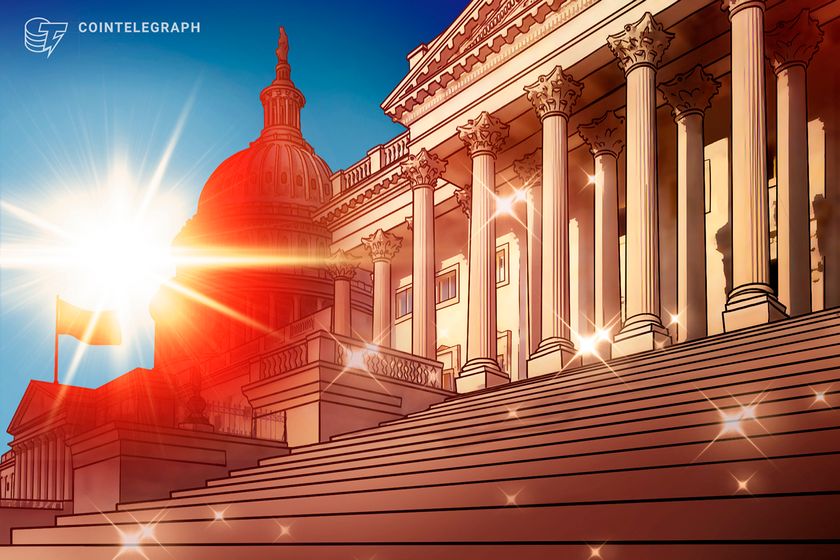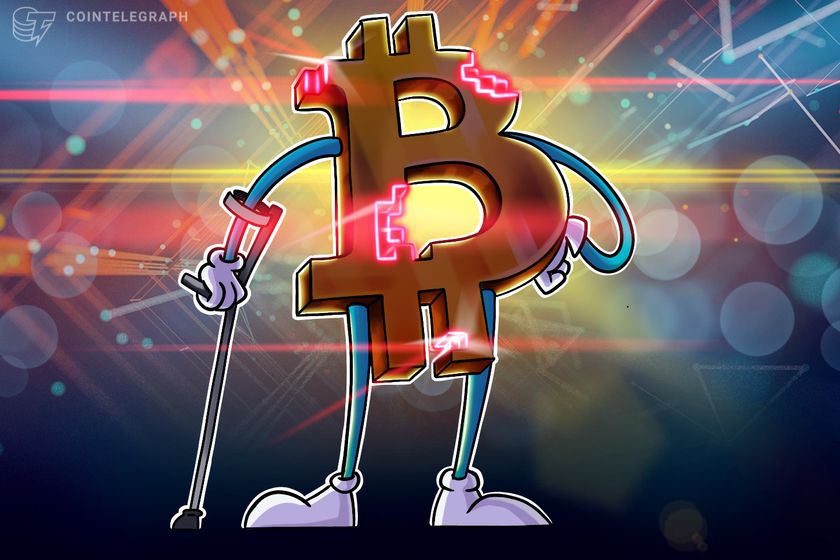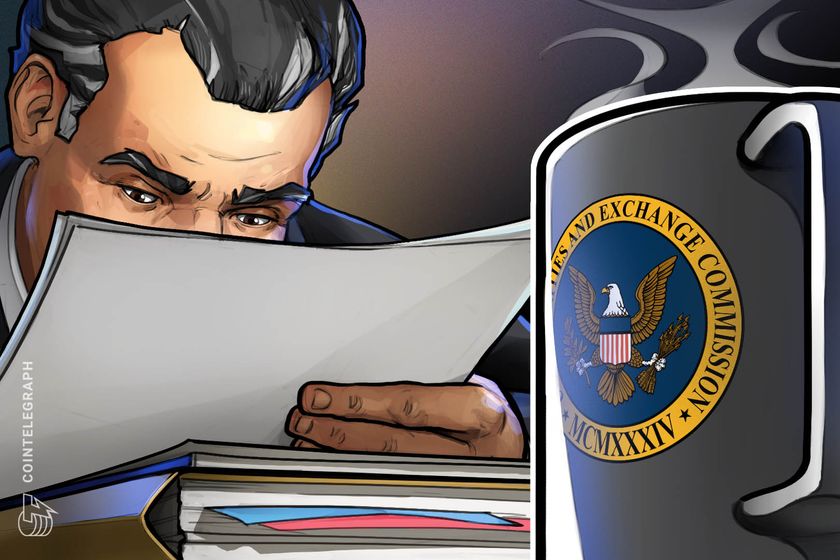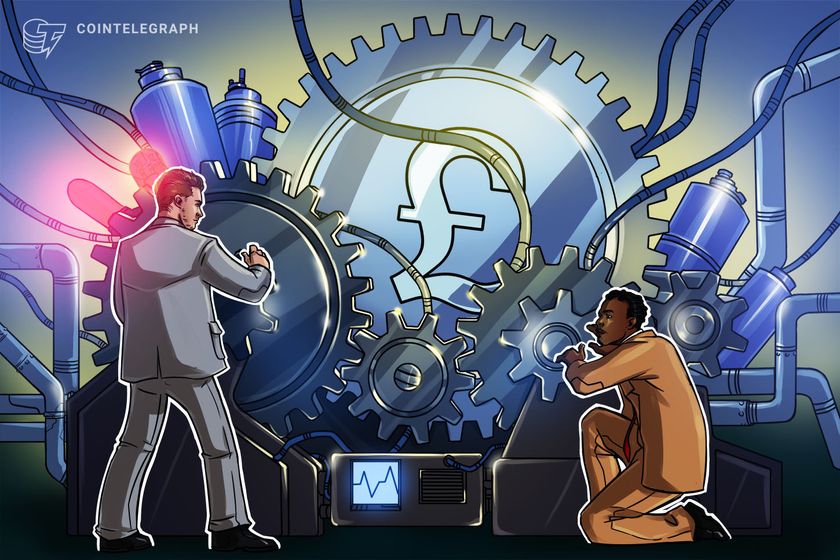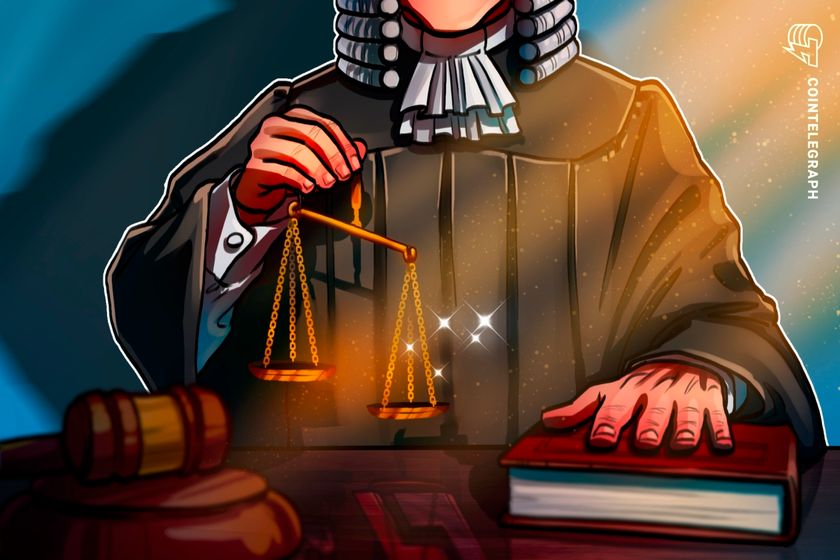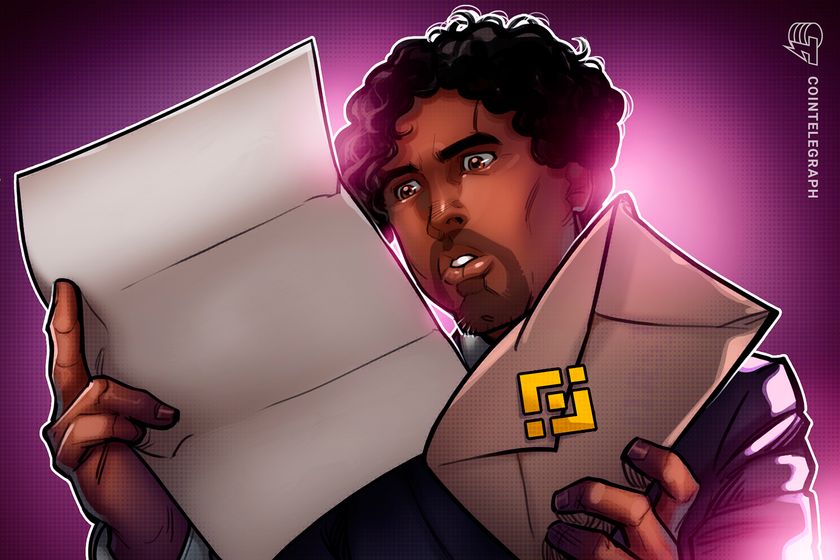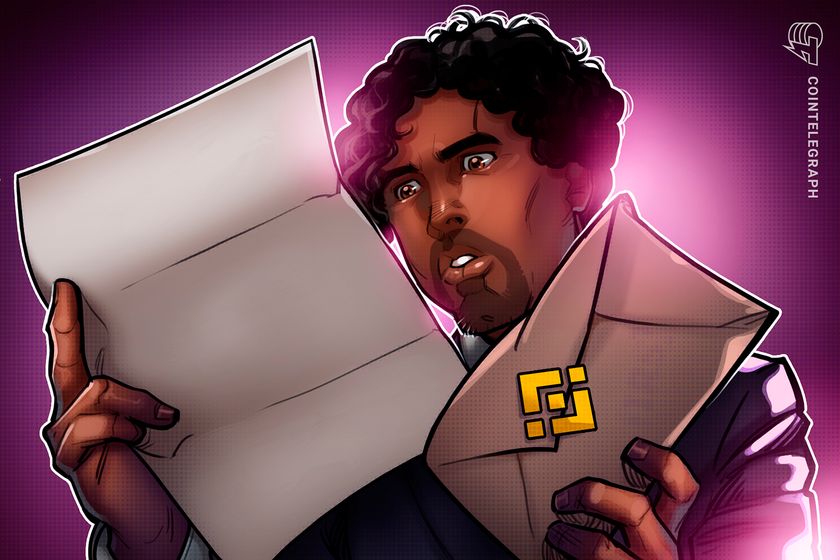US senators target crypto in bill enforcing sanctions on terrorist groups


Senator Elizabeth Warren isn’t leading the charge on this bill linking crypto transactions to terrorism; it comes from Senators Mitt Romney, Mark Warner, Mike Rounds and Jack Reed.
A bipartisan group of lawmakers in the United States Senate introduced legislation aimed at countering cryptocurrency’s role in financing terrorism, explicitly citing the Oct. 7 attack by Hamas on Israel.
In a Dec. 7 announcement, Senators Mitt Romney, Mark Warner, Mike Rounds and Jack Reed said they had introduced the Terrorism Financing Prevention Act. The bill would expand U.S. sanctions to include parties funding terrorist organizations with cryptocurrency or fiat. According to Senator Romney, the legislation would allow the U.S. Treasury Department to go after “emerging threats involving digital assets” in the wake of the Oct. 7 attacks as well as actions by the terrorist group Hezbollah.
“It is critical that the Department of the Treasury has the necessary counter-terrorism tools to combat modern threats,” said Senator Rounds. “The Terrorism Financing Prevention Act takes commonsense steps toward rooting out terrorism by sanctioning foreign financial institutions and foreign digital asset companies that assist them in committing these heinous acts.”

